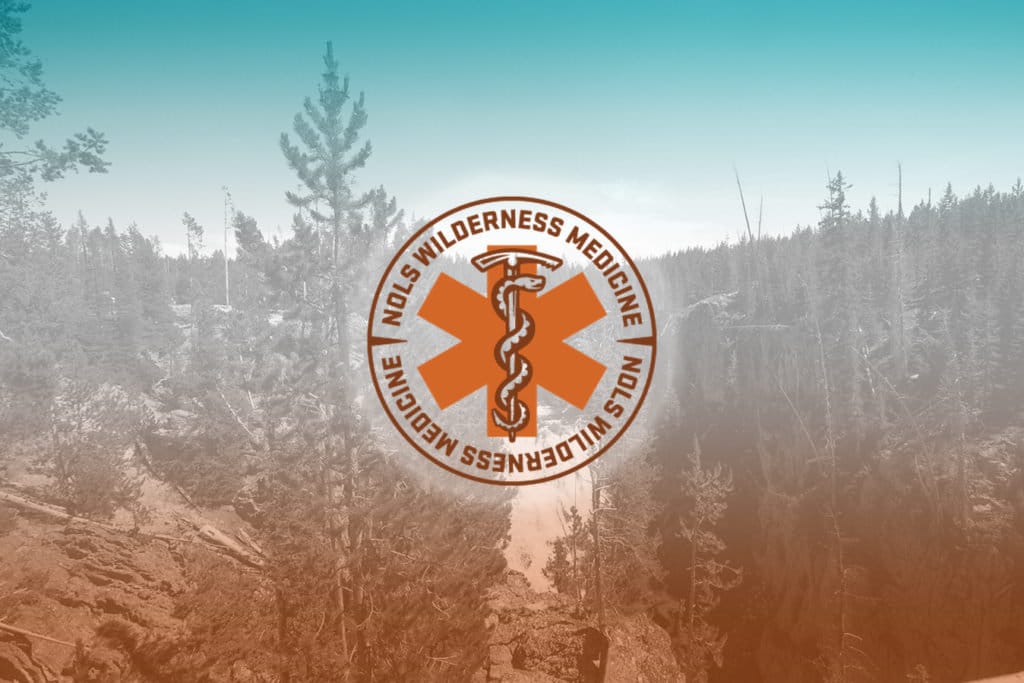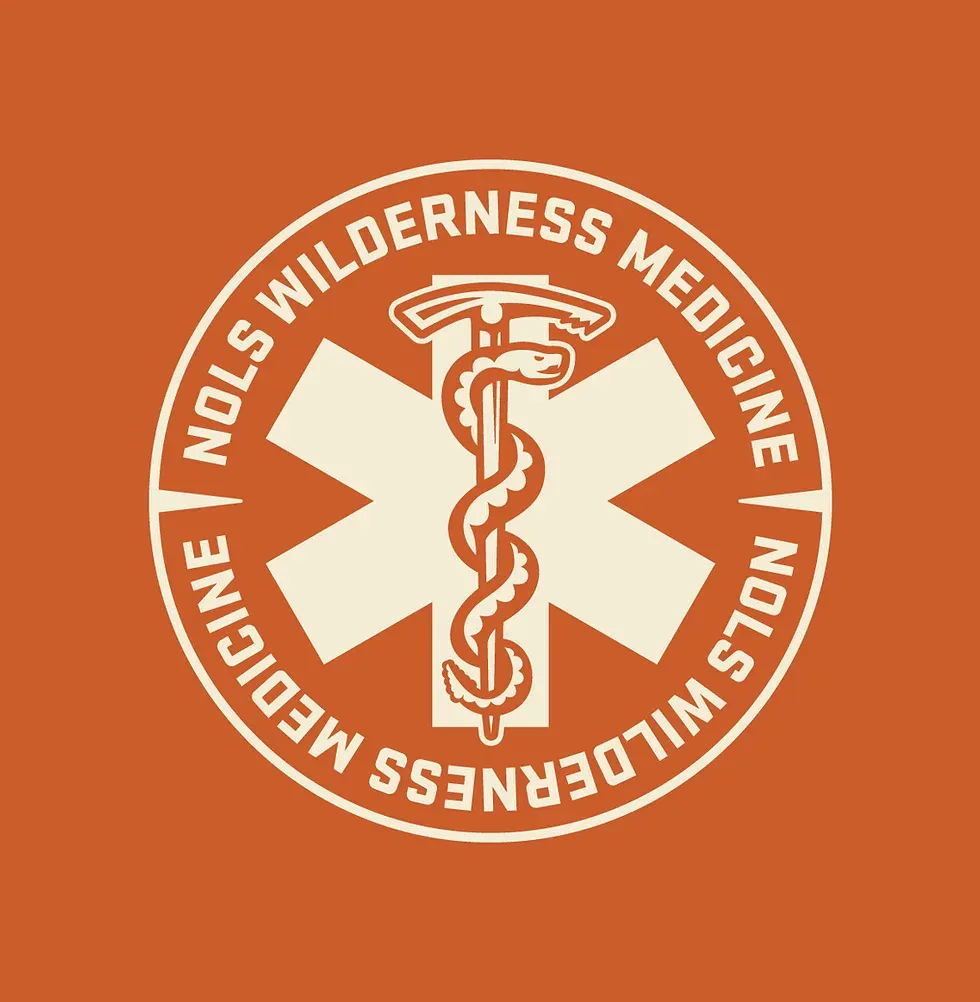Wilderness First Response.

I'm a Wilderness First Responder under NOLS (OG’s in extreme outdoor expeditions)...
...WFRs can provide first-response emergency medical treatment in remote environments (considered any situation where EMS: Emergency Medical Service is >30mins away).
From multi-week expeditions in the Himalayas, a broken leg on a hike, to something as local as being wounded in a crowded protest zone where movement is restricted, like the 2011 Tahrir Square Egyptian Revolution.
I’m proud to have this. It was an experience of getting very clear, uncomfortable, and serious simultaneously.

From my opening piece, the practice of medicine was something I never really considered. Blood and bone made me squirm.
But a few things stuck in my head over the years:
- Jamie Wheal’s phenomenal talk years ago on Surviving & Thriving in VUCA Conditions, where I first heard of WFR. For anyone doing deliberate work on culture/resiliency/Game B, it's an essential watch.
- Holding myself and the Apotheosis organization to a higher safety and ethical standard when hosting medicine retreats and taking people into the jungle.
- Increasing my skills in somatic, medical, healing, and transformative contexts.
- A desire—when all else fails—to be useful when shit hits the fan. A little education goes a long way, from COVID to the recent Hurricane Helene North Carolina disaster.
Patching myself up after heavy sparring sessions, assisting participants in pain on retreat, helping kids at the park when they fall off their bikes, and being a comforting and knowledgeable support in situations where EMS was already on their way. Fortunately, no infant CPR needed yet.
If you’ve ever met me IRL, you know I walk around with a harness or bag on me at all times. It’s an extension of who I am, I’m rarely without it. I do that because I carry a first aid kit, wound kit, and clean water. 90% of minor cases can be dealt with that.
What WFR training gave me was a deeper level of unshakeable confidence.
I published “How to Be Prepared for the Future Without Losing Your Cool” last year. It's an absolute banger and a piece I still swear by:

I believe you can cultivate an ecosystem of meta-skills that prepares you for anything the future brings.
Once your nervous system integrates that reality, your fear of the future drops to near zero. You are safe, and you can handle what may happen.
I’ve got skills, practice, and knowledge in treating everything from pulmonary embolisms, hypothermia, broken bones, heart attack, lung failure, frostbite, altitude sickness, hyponatremia, CPR, spinal cord fractures, life-threatening bleeding, lightning, and every kind of cut, scrape, lesion, burn, bite, venom, amputation, and undesireable outcome under the sun.
It brings a very deep, steady calm when I’m out and about.
What could happen here that I couldn’t handle? Not much, outside of mass casualty major disasters. But I can at least start the triage and treatment process for that, and direct others to render aid. Hakuna matata.
Pair that medical knowledge with survival & military skill (like the 100 Deadly Skills series from retired Navy SEAL Clint Emerson) and you're set.
I would recommend WFR training to any and every adult.
It should, if our education system ever decides to sort itself out, be taught as a requirement to every human on the cusp of adulthood. The experience was incredible, kids would love it, and it’s far more useful than the quadratic formula.
If you’re looking for an edge right now or a new side quest to embark on, hop onto the NOLS website and find a WFR Training you can attend.
You never know, it might just save someone's life.
What a beautiful possibility to be prepared for,
EB.
No spam, no sharing to third party. Only you and me.

